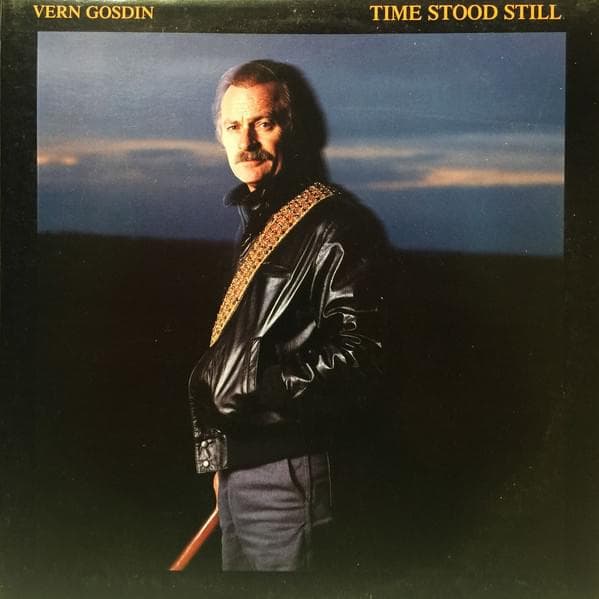
A haunting reflection on lost love and lingering memories: “What Would Your Memories Do” by Vern Gosdin
When Vern Gosdin delivered “What Would Your Memories Do,” he tapped into a profound melancholy—the kind of love-song that doesn’t just mourn what has gone, but wonders how the past continues to live in the heart.
Released in July 1984 as the second single from his album There Is a Season, the track quickly climbed the charts, peaking at No. 10 on the U.S. Billboard Hot Country Singles. In Canada, it also found a warm reception, reaching No. 9 on the RPM Country Tracks.
The song was written by two extraordinary Nashville figures: Dean Dillon and Hank Cochran. Their words sculpt a deeply personal portrait of someone wrestling with memory—not just remembering a lost love, but questioning what those memories themselves are doing now that the person is gone. According to Vern himself, Dillon once played the song for him at a guitar pull, and Gosdin felt its resonance immediately.
In “What Would Your Memories Do,” the narrator does not ask “what would you do” — but rather, “what would your memories do” if they could speak for you. It’s a subtle but powerful twist: the singer imagines that the memories themselves continue to love, to ache, to linger—and that they may even carry the grief he feels more faithfully than the person ever could. The lyrics evoke a kind of spectral presence, where memories are not passive but active participants in the emotional landscape.
Musically, the arrangement supports that haunting quality with care. On There Is a Season, whose tracks tilt toward reflective ballads, Gosdin’s voice soars gently over traditional country instrumentation: steel guitar, warm acoustic lines, and a soft but steady rhythm that allows his voice to take center stage. His vocal delivery—rich, slightly weathered, and deeply expressive—feels as though he is confessing to someone he once loved long ago, yet still holds close in his heart.
The meaning of the song touches on universal themes: memory, regret, love that endures beyond presence, and the haunting question of how we carry what was. It is not just the pain of loss, but a meditation on whether memories can become a kind of echoing companion—comfort when the heart feels an emptiness, yet also a reminder that what once was still lives somewhere inside us.
Within Vern Gosdin’s career, “What Would Your Memories Do” holds a special place. On There Is a Season, it follows his dramatic No. 1 hit “I Can Tell by the Way You Dance (You’re Gonna Love Me Tonight)”, offering contrast: the earlier song brims with flirtation and hope, while this one looks backward, with a heavy heart. Produced by Blake Mevis, the single captured both the commercial success and emotional weight that defined much of Gosdin’s work.
For listeners who remember the era of country radio in the mid-1980s, this song carries with it that soft glow of late-night reflection. You can imagine it playing on the console radio, the light dim, perhaps after a long day, when thoughts drift back to what once was—and to what memories are still doing in the silence.
Today, the song continues to be cherished. It has been covered in later years, including by bluegrass group Wildfire, who honored its melancholic heart with a faithful, harmony-rich rendition. That enduring appeal speaks to the timelessness of its question: memories don’t simply fade—they live on, and sometimes they speak louder than the voices we once knew.
In the end, “What Would Your Memories Do” is not just a country ballad; it’s a quiet reckoning. It reminds us that even when love has ended, memory endures—and that in asking what our memories would do, we are really asking how we carry what once was. Vern Gosdin’s voice — strong, honest, full of longing — gives that question the gravity it deserves.